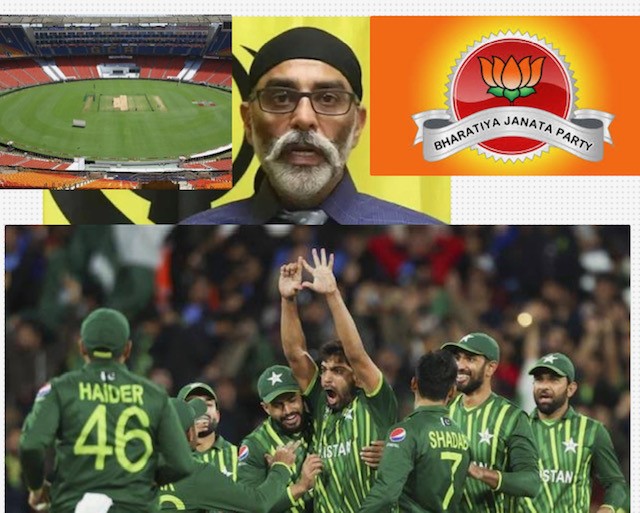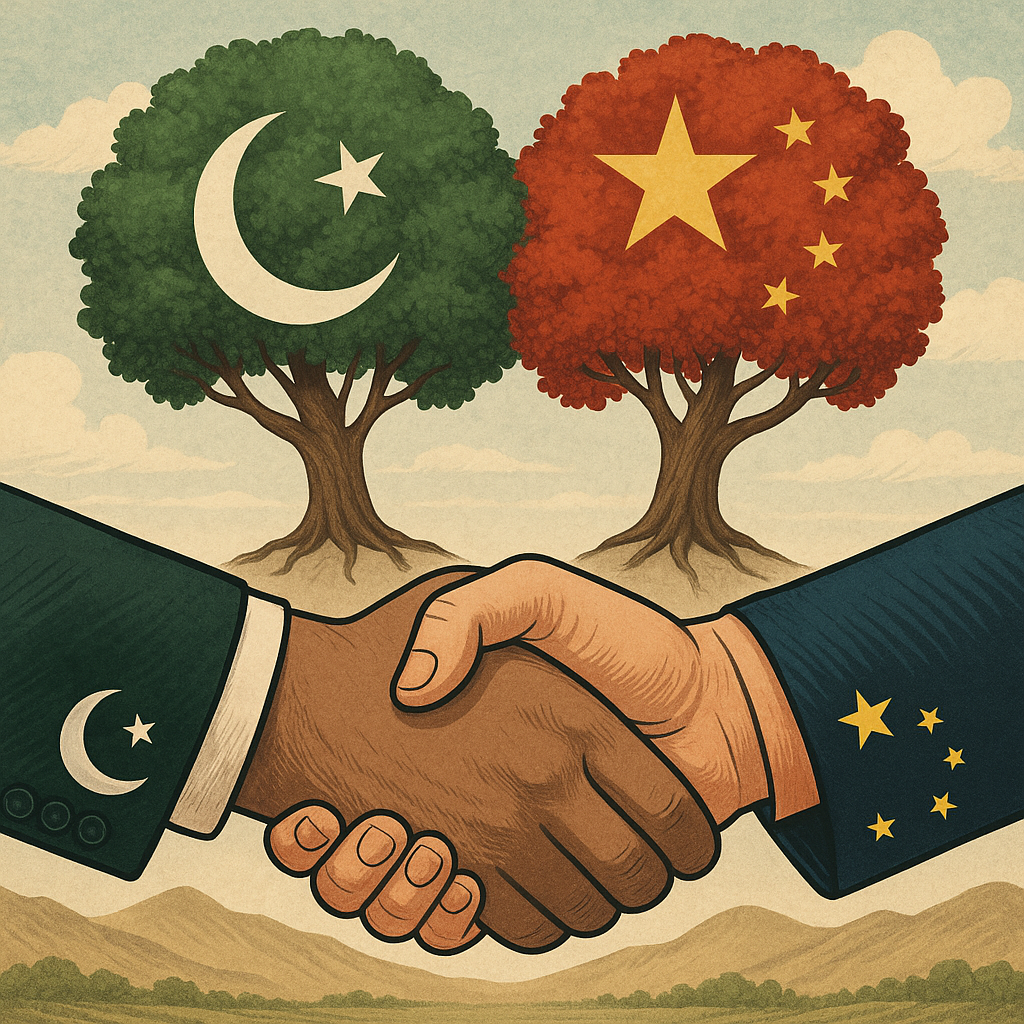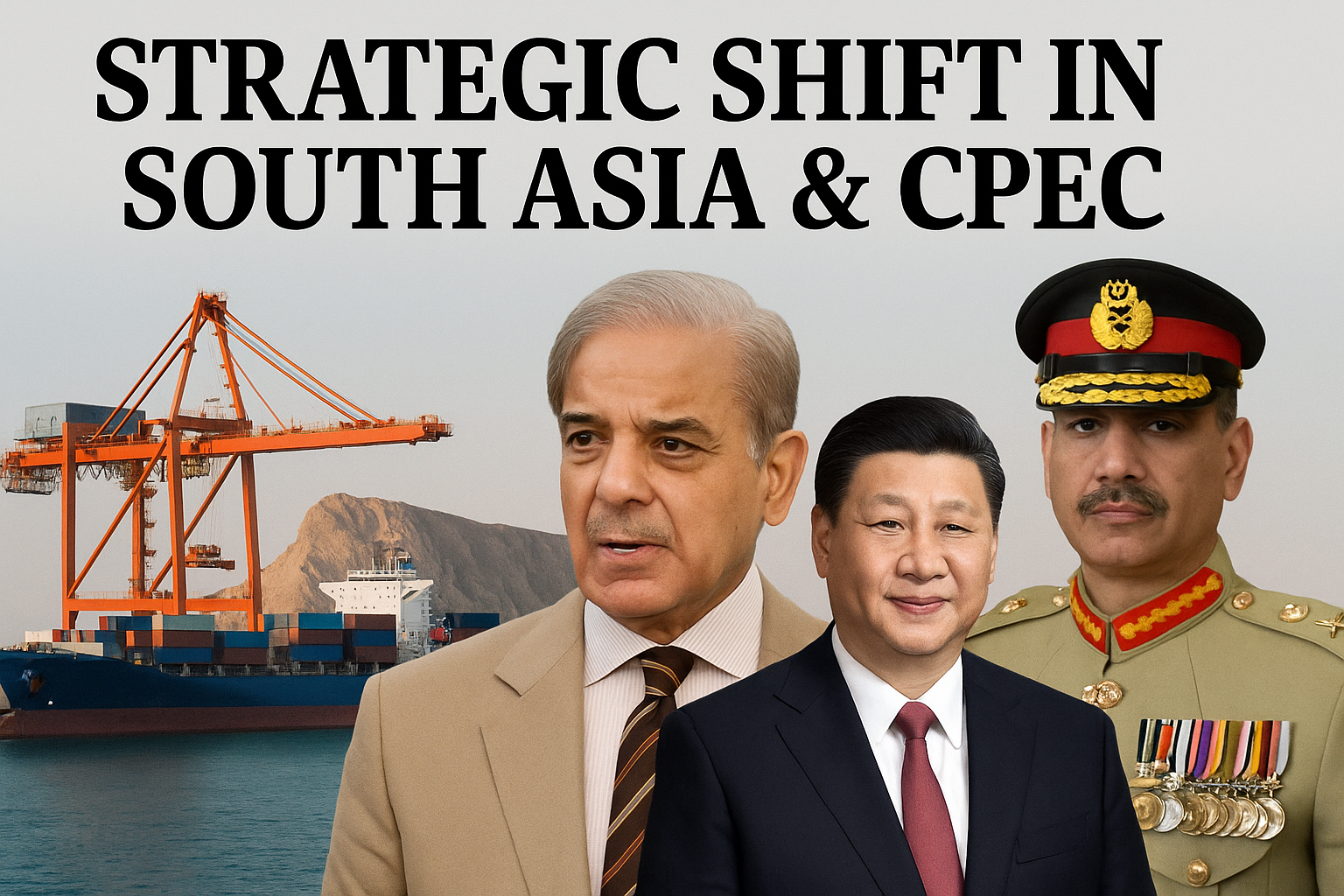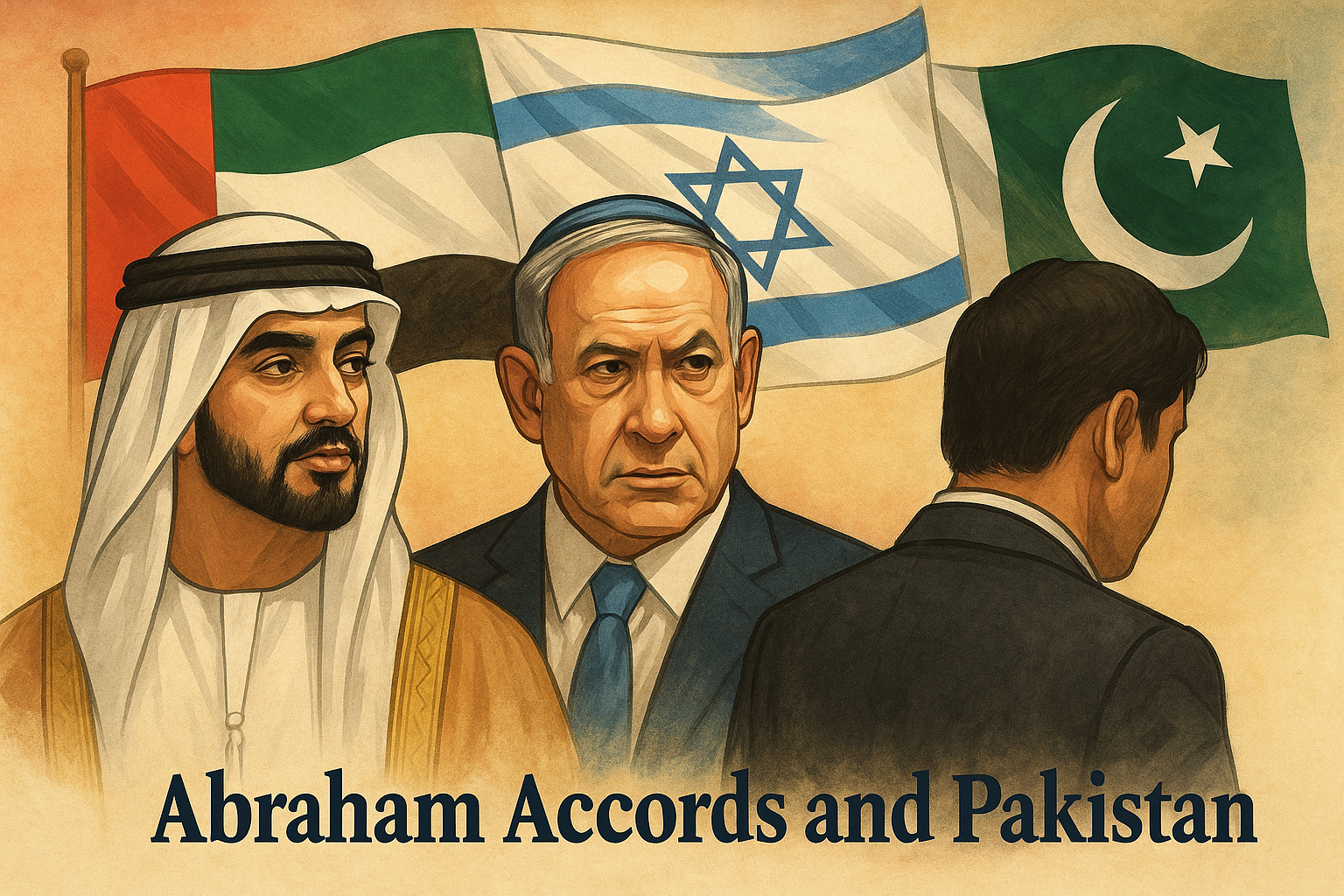
Dr.Naveed Elahi
Blending sports with politics has taken center stage in India as authorities heightened security measures at Ahmedabad’s Narendra Modi Stadium in response to alleged terror threats. It was done when a voice message by Gurpatwant Singh Pannun, the leader of the banned group Sikhs for Justice (SFJ), to disrupt the World Cup opening ceremony was portrayed as a security threat. The Ahmedabad city’s police filed a First Information Report (FIR) against him under sections of the Indian Penal Code, the Unlawful Activities (Prevention) Act (UAPA), and the Information Technology Act. Pannun was previously designated an ‘individual terrorist’ by India in July 2020. Indian security strategists are not leaving any stone unturned to malign and eliminate the pro-Khalistan Sikhs around the world. Cricket world cup has not been spared from this strategy and is being used to achieve its targets against the Sikhs.
Weaponising visas is also an ugly tactic of this strategy. The visas of Pakistan cricket team were delayed till the last day of the schedule to fly to India. Similarly, the visas for journalists and spectators have been delayed. The statement from Pakistan’s Foreign Office emphasizes the responsibility of the host country to provide protection and addresses visa delays for Pakistani journalists and fans. The spokesperson insists that sports and politics should remain separate, expressing hope that India will facilitate the participation of Pakistani journalists and spectators without hindrance. Pakistan has urged India to ensure the safety of its national cricket team during the ICC World Cup 2023.
Instead of using the ICC World Cup opportunity to mend the fences, it is being used to further widen the gulf between the two countries. The deteriorating state of cricket relations between India and Pakistan will not omen good for regional peace. It highlights instances of delayed visas for the Pakistani team and criticizes what is perceived as India’s domineering behavior in the cricketing arena, particularly under the influence of the BJP. The rise of private Indian cricket leagues is noted as potentially eroding the international dimension of the sport, reflecting a broader perspective that views cricket as an extension of national power for India.
Besides, the hawkish approach by BJP led government fails to understand that upping the ante against the Sikhs inside and outside India would have rueful repercussions for it. Indira Gandhi’s 1984 decision to deploy the Indian army against Sikh militants entrenched in Amritsar’s Golden Temple, a sacred Sikh site, had profound repercussions, particularly among the Sikh diasporas. Several months later, Gandhi fell victim to retaliation, being assassinated by her Sikh bodyguards, setting off a series of reprisal attacks against Sikhs. Spanning fifteen years until the early 1990s, the violent campaign claimed around 25,000 lives, predominantly Sikhs. Presently, India’s constant coercive measures have triggered the renewed push for Khalistan, particularly in Canada and other Western nations.
At the same time India is preferring to keep sour relations with Pakistan and China. It might be pursuing this path at the behest of the foreign powers or due to the new-found frenzy of economic stability, but it will surely be detrimental for it eventually. Locking horns with the neighbours, both nuclear powers, would not augur well. The belligerent approaches, inside and outside the country, might suit BJP as an election strategy but not India as a state.
The author is Editor of The Strategic Brief


